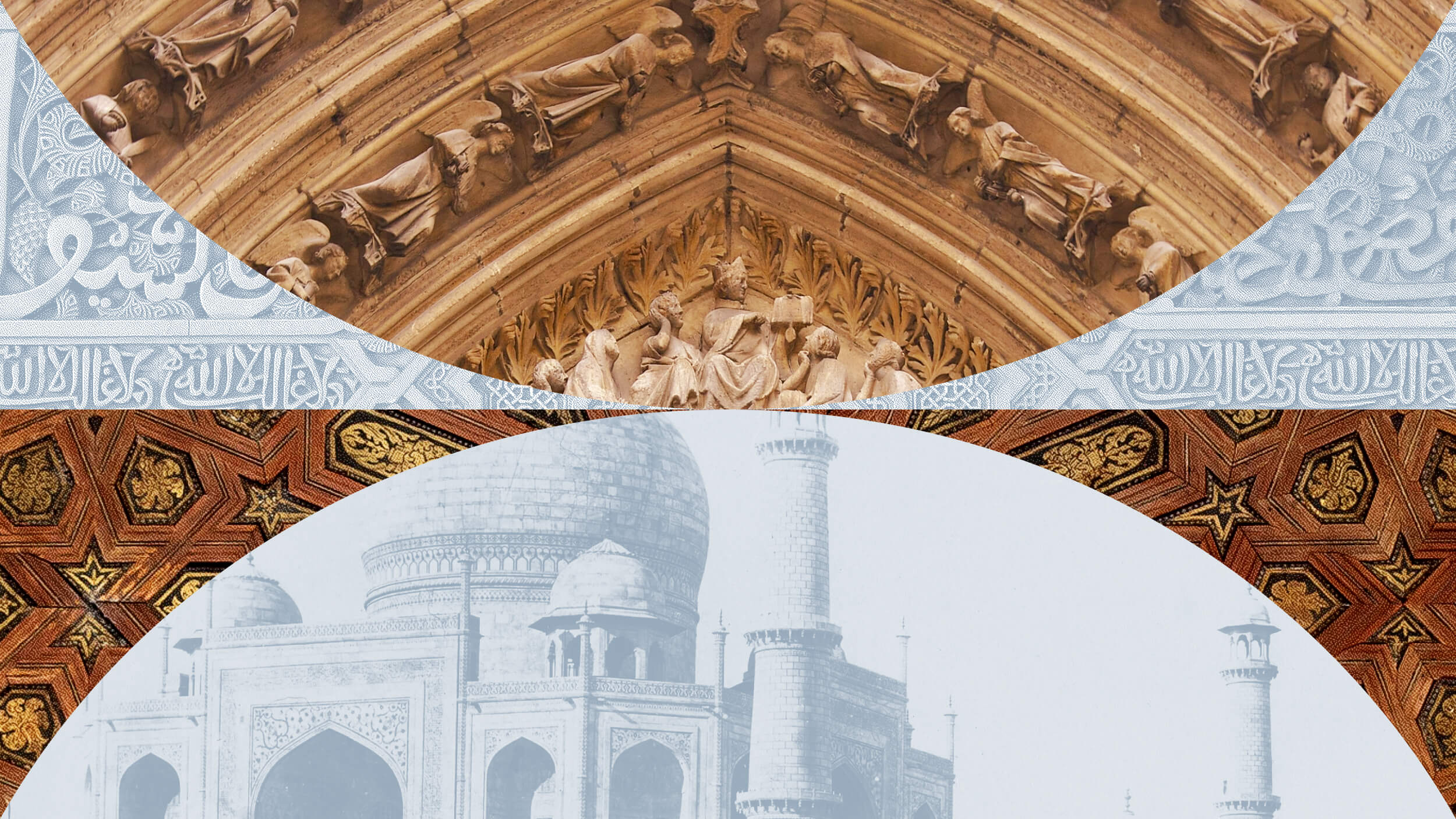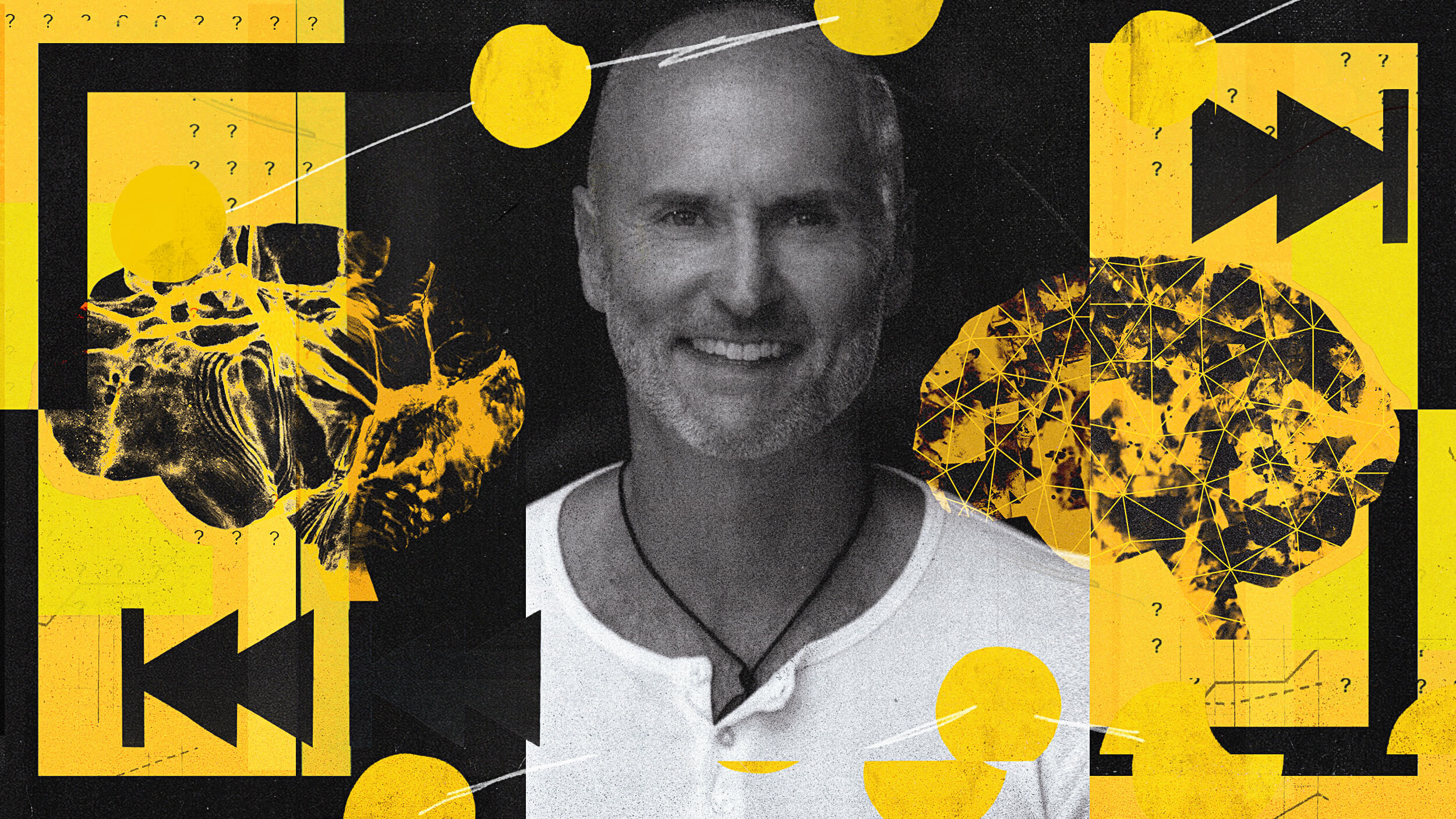Business “immortality” and the art of focus

- Through the act of daily repetition and intense focus, legendary sushi chef Jiro Ono achieved excellence — and resilience.
- Still-thriving businesses such as Zildjian cymbals (est. 1623) and glassmakers Barovier & Toso (founded 1295) also suggest that focus is a key to longevity.
- Most companies, as they grow, tend to diversify their interests — which can become their biggest weakness in the long run.
On a quiet corner of Tokyo’s Ginza district, hidden behind an unassuming door, a soft-spoken bespectacled man came to work — seven days a week — and focused on a singular task: crafting the perfect piece of sushi.
Perhaps you have heard of Jiro Ono.
He’s the 98-year-old retired chef behind Sukiyabashi Jiro, a restaurant made famous by the 2011 documentary, Jiro Dreams of Sushi. For nearly a century, Jiro dedicated his life to turning Japan’s most ubiquitous food into rarefied art. Through the act of daily repetition and intense focus, Jiro created something truly special — and resilient.
The latter insight is crucial: in a world besieged by distraction and short-term thinking, maintaining a relentless focus on a singular product or service can be a pathway to long-term resilience in business. Consider that Sukiyabashi Jiro may be considered ancient among its peers. It turns 60 next year. Can it live another 60? There’s no reason it can’t, especially if it continues to refine its craft.

Focus in business is not a new concept, of course. It is well-known, for instance, that employee focus — part of what Cal Newport calls “slow productivity” — can result in tremendous gains in performance. However, while it’s well-established that focus leads to efficiency gains, few have linked the intensity of concentration to business resiliency over time. In other words, beyond the trappings of improved productivity, focus seems to have an under-explored leveraged benefit: by staying focused, a business has the potential to become, in some sense, “immortal.”
The fact is, most companies — as they grow — tend to diversify their interests and expand their territory. This can help them survive in the short-term, but in the long-term it can often become their biggest weakness. As companies expand, there can be a natural tendency for quality to diminish. The best investors intuitively understand this concept when it comes to their own portfolios. “If you want to make a lot of money, resist diversification,” Jim Rogers, the legendary investor, once said.
While it’s well-established that focus leads to efficiency gains, few have linked the intensity of concentration to business resiliency over time.
Over-diversification and corporate sprawl can have insidious effects. Consider the downfall of a company like General Electric, once known as the powerhouse of American innovation, which was recently forced through a painful period of dismantling after years of over-expansion.
It comes back to the idea of focus. Some companies — and these are a rare bunch — embody this spirit and can live for centuries by simply staying concentrated. These are not household names, but they are fascinating to explore.
For a moment, let’s travel back in time to the streets of Constantinople, now known as Istanbul, in the year 1618. At the time, Constantinople was the capital of the Ottoman Empire and the epicenter of artistic and musical expression. There, according to lore, a young man named Avedis Zildjian — an Armenian metalsmith with a side-hustle in alchemy — crafted the perfect alloy for making cymbals. The Sultan of the Ottoman Empire, Osman II, was apparently impressed. Zildjian was invited to set up a foundry for manufacturing cymbals in his kingdom, established in 1623 under Osman II’s successor, Mustafa I (Osman was strangled to death in 1622) — and thus was the creation of Zildjian, today the world’s oldest cymbal manufacturer. It also continues to be owned and operated (out of Norwell, Massachusetts) by heirs of Avedis Zildjian.
Remarkably, Zildjian maintains a near monopoly on the cymbal market: about 65 percent of all cymbals sold in the world are emblazoned with the Zildjian logo. And the reason for its continued success over more than 400 years is as clear as the sounds its cymbals make: focus. Over the generations, the Zildjian family heirs faced dozens, if not hundreds, of opportunities to diversify its interests: into other musical instruments — and into new lines of business altogether. But the family chooses to remain “singularly focused,” as its official biography reads, on its core products and competencies.
In 2007, Craigie Zildjian, the 14th-generation Zildjian CEO, sat for an interview and explained that the focus of the company doesn’t stop them from innovating. If anything, it’s just the opposite. “We have fierce competitors,” Zildjian said. “So, on the one hand, we preserve the family jewels — the secret formulas we use that go back centuries — but we’re always working on product innovations and other improvements… And we’re in the middle of a major plant expansion that will give us more capacity than we currently need. We’re betting on the future.”
“On the one hand, we preserve the family jewels — the secret formulas we use that go back centuries — but we’re always working on product innovations and other improvements.”
Craigie Zildjian, 14th-generation Zildjian CEO (2007)
Other long-lasting businesses have a similar mindset of betting on the future — and an obsession with focus. On the streets of Venice, you can still find the showroom of Barovier & Toso, one of the oldest glassmaking companies in the world. Founded in 1295 on the Venetian island cluster of Murano, the company has long been synonymous with the exquisite art of glassmaking. Over the years, Barovier & Toso has adhered to a singular vision: perfecting the craft of glassblowing, a dedication that has allowed it not just to survive but to thrive through eras of political upheaval, economic crises, and industrial revolutions.
The Barovier family’s contribution to the Murano glass tradition cannot be overstated. Angelo Barovier, a key figure in the family, revolutionized glassmaking in the mid-15th century when he developed “cristallo,” a type of glass as clear as rock crystal. This breakthrough elevated Murano glass to new heights, placing it in high demand across Europe and solidifying the Barovier name as a hallmark of quality. Fast forward to 1936, when the Barovier family merged their business with the Toso family, another powerhouse in Murano’s glass industry, to form Barovier & Toso. This partnership fused centuries of expertise, allowing the company to further cement its reputation as a premier glassmaker.
What makes Barovier & Toso unique is its steadfast commitment to the traditional art of glassblowing, even as the world around it has changed dramatically. While many companies might have succumbed to the pressures of mass production or the lure of diversifying into other markets, Barovier & Toso has remained focused on what it does best. The company still operates in Murano, where artisans use techniques passed down through generations to handcraft each piece of glass. This dedication ensures that every item produced by Barovier & Toso is not just a product, but a piece of living history, a continuation of the legacy that began over 700 years ago.
The connective tissue between these stories is clear: focus is a key to longevity.
Though they operated in entirely different fields, Jiro Ono, Avedis Zildjian, and Angelo Barovier all shared one important insight: they understood that resilience isn’t about expanding outward, but rather digging deeper into the core of what makes their craft truly exceptional.






